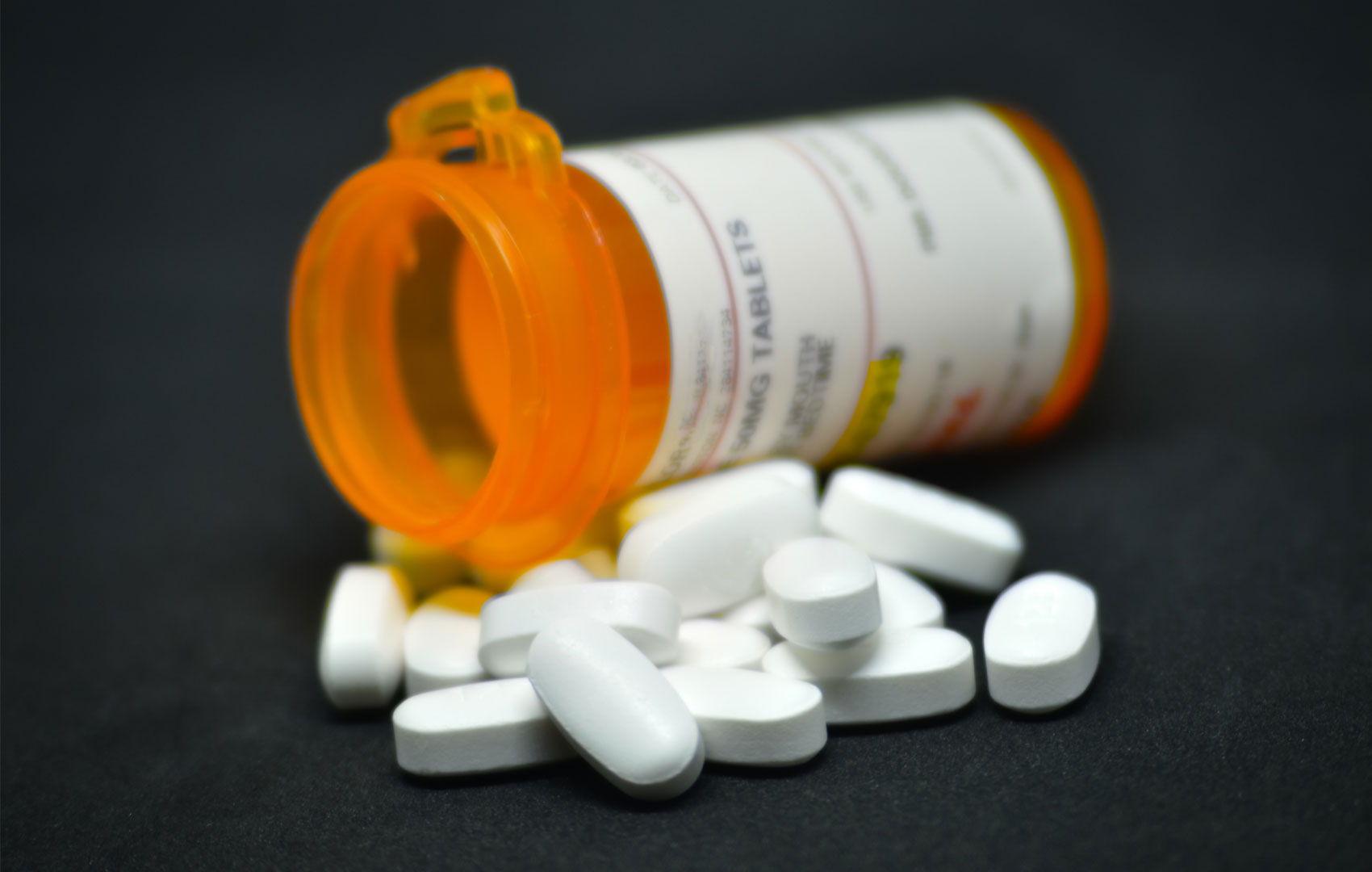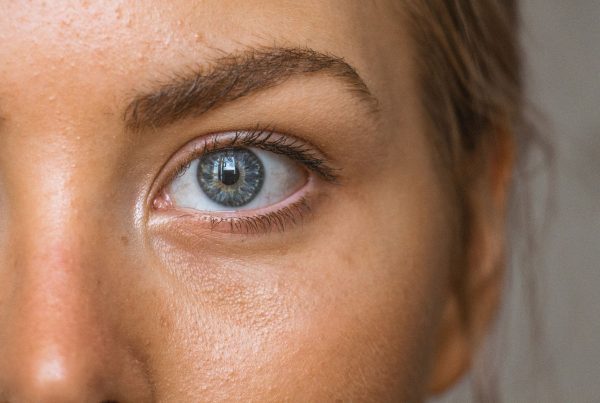Addiction: What is it? Let’s first define the term; Addiction, also called Substance Use Disorder, is a treatable, chronic medical condition that is manifested by compulsive substance use despite adverse consequences. This disorder can develop through experimental use or even prescribed use. Eventually the drug use becomes more frequent. The risk and pace of addiction varies by drug. For example, opioid painkillers have a higher risk and lead to addiction more quickly than others. However, most medications prescribed for mental health conditions are not addictive in nature. These medications are meant to ease your symptoms, offer a positive outcome, and improve your overall quality of life.
Listen to our founder, Dr. Kirsten Thompson share more here.
Commonly prescribed psychotropic medications
For mild to moderate symptoms of mental illness, therapy and lifestyle changes are often first-line treatment, followed by medication if necessary. For more serious mental symptoms including symptoms of hypomania, mania, psychosis, or severe depression or anxiety, medication is often part of the first-line treatment plan. We will go into detail about the most commonly prescribed medications for each class of psychotropic medications.
Antipsychotics
Commonly used to manage psychosis (i.e., delusions, hallucinations, paranoia, or disordered thinking), most notably in schizophrenia and bipolar disorder, but also in a range of other psychotic disorders. These medications alleviate symptoms and improve your overall health, and are not addictive.
Typical Antipsychotics
- Haldol (generic: haloperidol lactate)
- Loxitane (generic: loxipane succinate)
- Mellaril (generic: thioridazine)
- Moban (generic: hydrochloride)
- Navane (generic: thiothixene)
- Prolixin (generic: fluphenazine hydrochloride)
- Serentil (generic: mesoridazine besylate)
- Stelazine (generic: trifluoperazine)
- Thorazine (generic: Chlorpromazine Injection)
- Trilafon (generic: perphenazine)
Atypical Antipsychotics
- Abilify (generic: aripiprazole)
- Clozaril (generic: clozapine)
- Risperdal (generic: risperidone)
- Seroquel (generic: quetiapine)
- Zyprexa (generic: olanzapine)
Antidepressants
These medications can help relieve symptoms of depression, social anxiety disorder, anxiety disorders, seasonal affective disorder (SAD), as well as other conditions. The most commonly prescribed type of antidepressant are Serotonin Norepinephrine Reuptake Inhibitors (SNRIs) and Selective Serotonin Reuptake Inhibitors (SSRIs), though there are other classes of antidepressants such as Tricyclics and Monoamine Oxidase Inhibitors (MAOIs). Antidepressants are not addictive in a traditional sense, but can cause physical dependence as evidenced by ‘discontinuation’ symptoms when stopping or reducing the medication. It is important to speak with your medical professional in order to slowly taper off to avoid any discontinuation symptoms (e.g., brain zaps, feeling dizzy, or irritable). Typically these discontinuation symptoms are completely avoidable if a patient tapering off their medication is done with close follow-up by the prescribing practitioner.
Tricyclics
- Anafranil** (generic: clomipramine )
- Asendin (generic: amoxapine)
- Elavil (generic: amitriptyline)
- Norpramin (generic: Desipramine )
- Pamelor (generic: nortriptyline)
- Sinequan (generic: Doxepin Capsules )
- Surmontil (generic: Trimipramine)
- Tofranil (generic: trimipramine )
- Vivactil (generic: protriptyline)
SNRIs
- Desvenlafaxine (generic: desvenlafaxine)
- Duloxetine (generic: duloxetine)
- Venlafaxine / Venlafaxine XR (generic: venlafaxine)
- Milnacipran (generic: milnacipran)
- Levomilnacipran (generic: levomilnacipran)
SSRIs
- Celexa (generic: citalopram)
- Lexapro (generic: escitalopram)
- Luvox** (generic: fluvoxamine)
- Paxil** (generic: paroxetine)
- Prozac** (generic: fluoxetine)
- Zoloft** (generic: sertraline)
MAOIs
- Nardil (generic: phenelzine)
- Parnate (generic: tranylcypromine)
- Emsame (generic: selegiline)
** Antidepressants approved by the U.S. Food and Drug Administration (FDA) to treat Obsessive Compulsive Disorder.
Antianxiety Agents
When used appropriately, these medications are safe and effective. They can relieve anxiety, stop panic attacks and improve sleep, however, they can pose a risk of addiction in individuals prone to addictions due to their sedative and anxiolytic nature. For this reason, medical professionals recommend short-term or occasional use.
Anti-anxiety medications that can pose a risk for addiction:
- Ativan (generic: lorazepam)
- Klonopin (generic: clonazepam)
- Xanax (generic: alprazolam)
- Valium (generic: diazepam)
- Librium (generic: chlordiazepoxide)
Anti-anxiety medications not likely to cause a risk for addiction:
- BuSpar (generic: buspirone)
- Gabapentin (generic: gabapentin)
- Atarax (generic: hydroxyzine)
Stimulants
Prescription stimulants are commonly used to treat Attention-Deficit Hyperactivity Disorder (ADHD) and Narcolepsy (i.e., uncontrollable spells of deep sleep). They increase activity in the body, alertness, attention and concentration, and energy. Due to the feeling of high energy, stimulants also pose a risk of addiction.
- Adderall (generics: amphetamine and dextroamphetamine)
- Cylert (generic: pemoline)
- Dexedrine (generic: dextroamphetamine )
- Ritalin (generic: methylphenidate )
As mentioned, most medications used in the treatment of a mental illness are not addictive in nature, though there are a few medications that pose a risk for addiction. All medications when used appropriately are safe and effective. It is important to speak with your medical professional about the risk of addiction with your specific medications.







